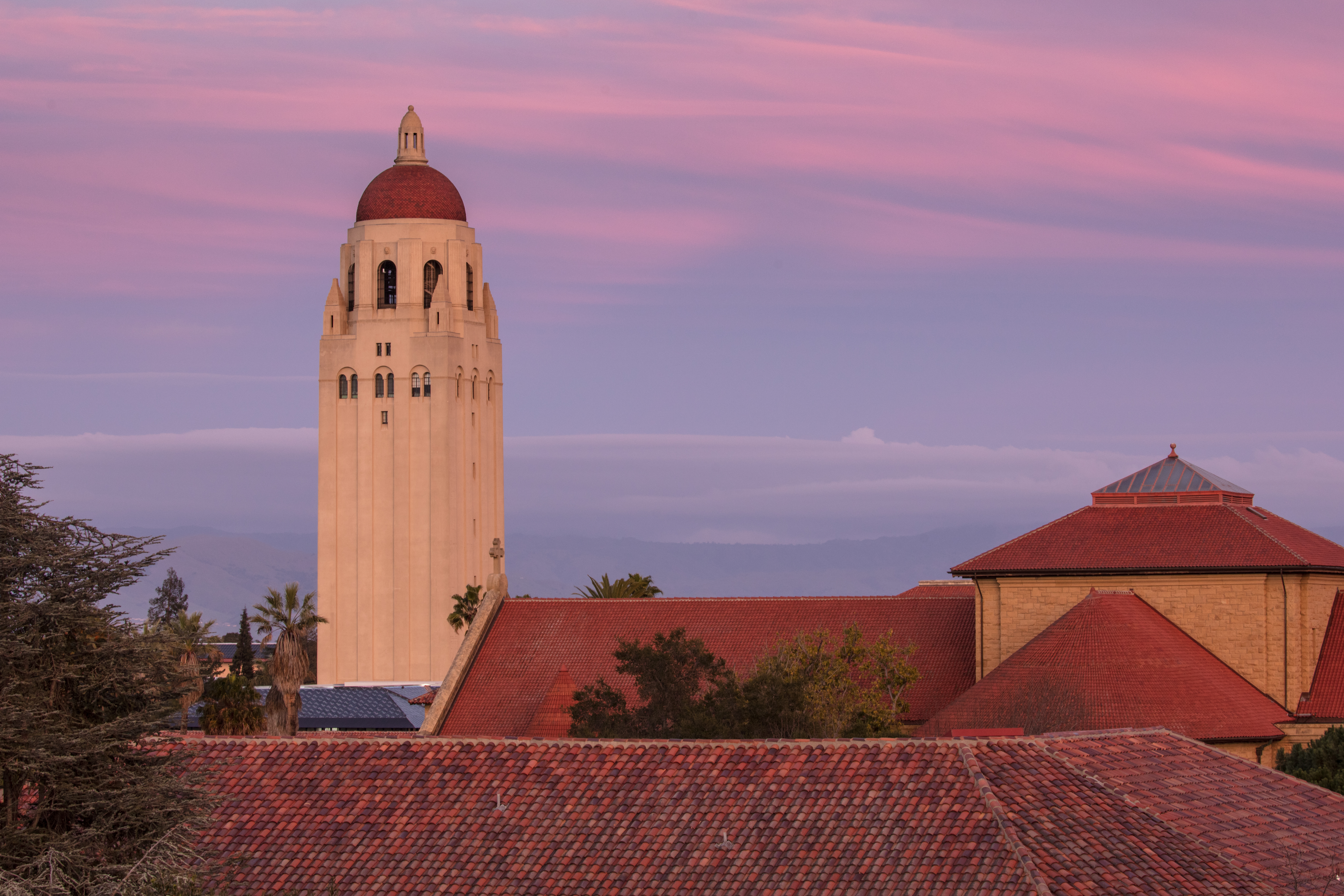For older students on campus, Stanford may already feel like home. For others, you might be wondering when these feelings will come.
The moment I knew Stanford could be a home for me was during Admit Weekend in 2018. One late evening, my room host (RoHo) and I had a riveting discussion about desalination techniques to increase access to potable water supplies. Prior to this conversation, the weekend had been miserable, and I was ready to jet back to my southern hometown.
But knowing that intellectual yet truly fun conversations with peers could become a daily activity was so enticing and fulfilling that it made me want to stay. More than four years later, I have been able to craft my niche on campus by pursuing the activities that make me happiest. From continuing childhood activities such as writing and playing instruments to newfound hobbies like skateboarding and climbing, I have indeed found a home.

Just hearing the ambient sounds of friends talking in El Centro’s cozy living room let Marco Vasquez ’22 reminisce about times where he would hear his mother “chismeando” (gossiping) with her own friends. El Centro Chicano y Latino is a section of Old Union that focuses on uplifting voices in the Chicano/a and Latino/a community. Over his years at Stanford, it became a home away from home. Even simply hearing conversations “brought comfort,” said Vasquez.
“Even if I wasn’t saying anything, the space was inviting,” Vasquez said. “It was nice to be able to speak Spanish and [learn] about people’s lives without the sole focus being academics.”
The beginning of the year was when DeGreer Harris ’23 also knew Stanford could feel like home. At a BROC kickback, Harris felt comfort as he was surrounded by peers grooving to fun music.
“Even if I can’t dance, these are my people,” said Harris. He reflected about growing up in Atlanta, “where nothing but Black people was the norm for me.”
As a result, he ended up venturing to places of Black community on campus, such as Ujamaa and the Society of Black Scientists and Engineers, eventually being called an Ujamaa “C-winger.” Given Ujamaa’s A- and B-wing style layout, students that frequently visit the dorm are granted honorary dorm residency by being dubbed “C-wingers,” acknowledging the “imaginary third wing of Uj.”
Having a mixed ethnic background, Domo Toyozaki ’23 felt that there was not one group that completely represented her identities and took it upon herself to pave her own way. Formerly President of the Japanese Student Union and Alpha Kappa Delta Phi, she feels that home is “not necessarily something I found, but something I had to carve for myself.” This drive enabled her to pursue multiple leadership positions, which she says enabled her “to form communities in the way that would fit me best.”
Ellie Prince ’22 M.S. ’23 is happy she found home with people on campus. These are “people who appreciated me for myself 一 not as a homework buddy or a teammate or whatnot, but people I could play cards with, grocery shop with [or] just hang out with and be myself,” Prince said.
Finding home means not having to conform to social pressures and having free rein to do whatever makes one happy. Being a supportive member of her Roble Dorm and Cardinal Ballet communities, Prince said, “it feels like I’m accepted for who I am and I’m not wearing some mask to fit in or look like someone else! [I] can be weird, honest, silly, strange, sad … and I do the same [to support] them!”
As for some advice — “Finding genuine locations of comfort, from Lake Lag midnight tears because of a horrible exam, to the laughs in between spiced up tears at a Redwood taco stand… All of those moments, knowing that you can be yourself, truly yourself, can’t be put into words,” Vasquez added.
It’s important to know that every person has their own multifaceted and intricate path to finding a place and a community that conjures feelings of warmth, security, happiness 一 or, a place to call home. It can be a dynamic process, kneaded by the busyness and energy of the ambitious Stanford environment. Finding home does not fit a one-size-fits-all paradigm and in the end, we must be patient and trust the journey.
